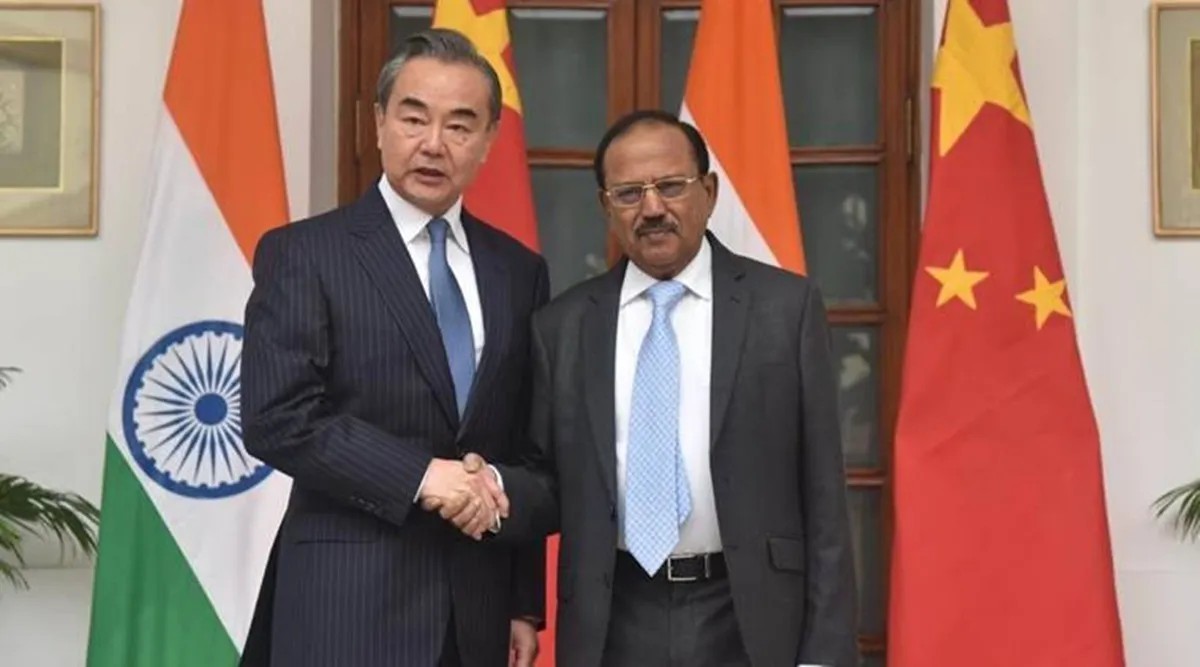India and China have reached an agreement to resume trade through the Lipulekh pass, which falls within Nepali territory.
The two countries agreed to reopen the Lipulekh pass for trade during Chinese Foreign Minister Wang Yi's visit to India earlier this week. Wang arrived in New Delhi at the invitation of Indian National Security Advisor Ajit Doval.
This development is likely to reignite the dispute over the Lipulekh pass.
During Indian Prime Minister Narendra Modi’s visit to China in 2015, an agreement was reached to open the Lipulekh pass for trade. Nepal objected to the agreement by sending a diplomatic note.
Since then, India has continued to develop trade routes through Nepali territory.
On November 2, 2019, India included Nepal’s Kalapani area in its map while depicting Jammu and Kashmir as part of its territory, giving rise to a dispute between the two countries.
In May 2020, Indian Defense Minister Rajnath Singh inaugurated a road through Lipulekh to Mansarovar in China.
On May 11, 2020, then-Nepali Foreign Minister Pradeep Gyawali summoned Indian Ambassador Vinay Mohan Kwatra to the ministry and handed over a diplomatic note.
Subsequently, on May 20, 2020, Nepal issued an updated map that included the Limpiyadhura, Lipulekh, and Kalapani areas.
After China issued a map showing the Lipulekh area as part of India on September 1, 2023, Nepal’s Ministry of Foreign Affairs stated through a press release that “Nepal’s map should be respected by its neighbors and the international community.”
India and China, having grown closer following increased tariffs imposed by the United States on India, have agreed to resume trade through Nepal’s territory via the Lipulekh pass.

